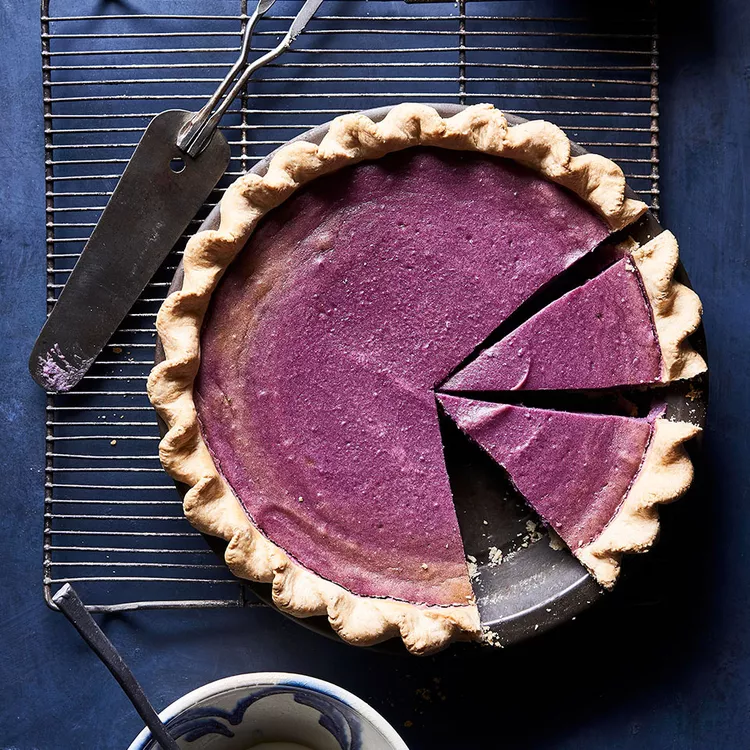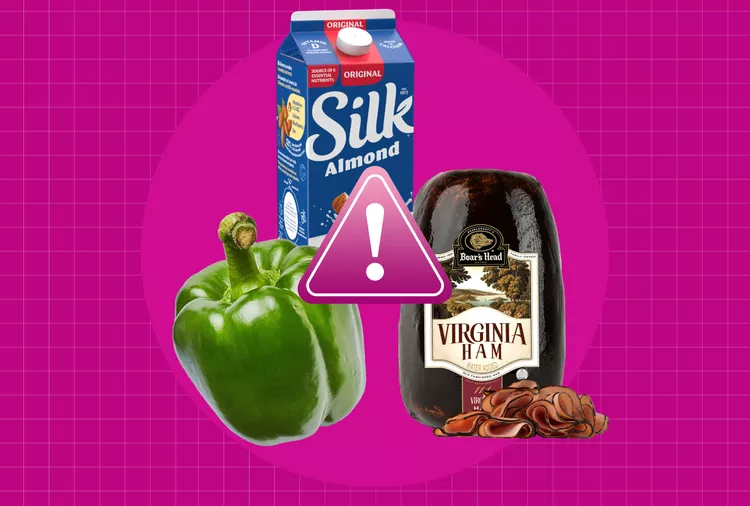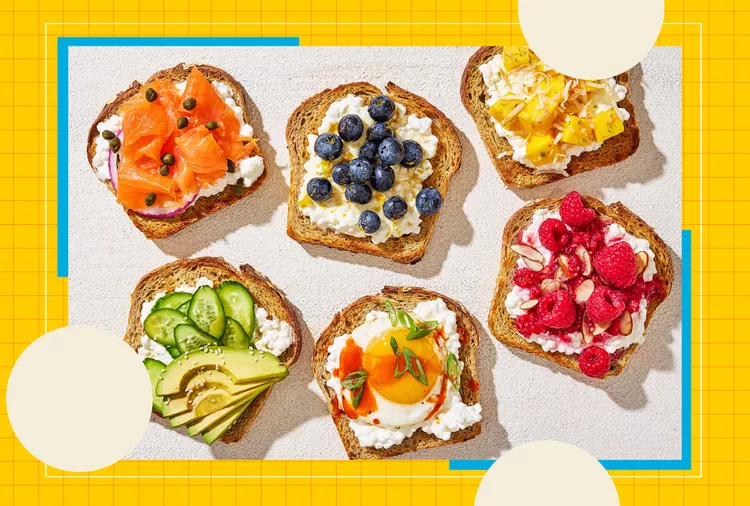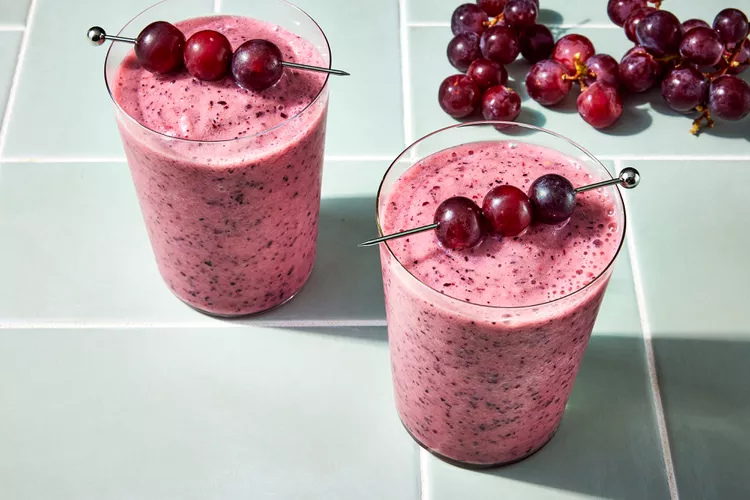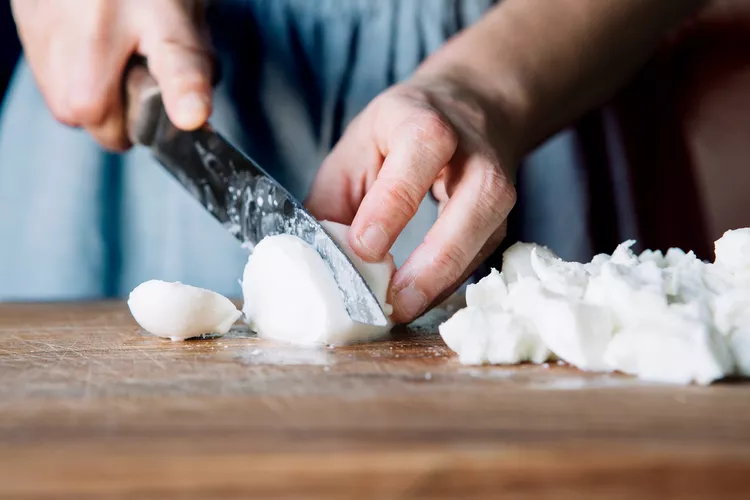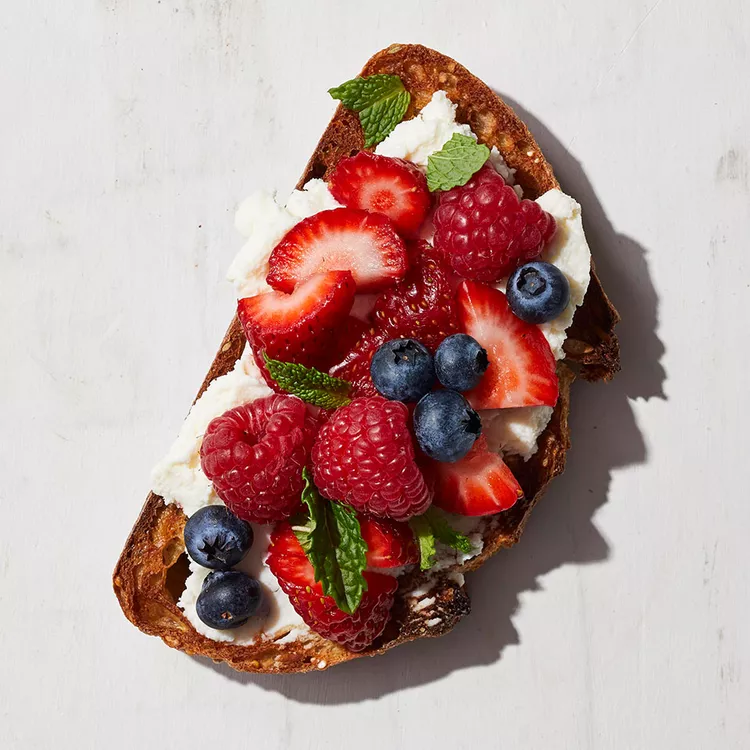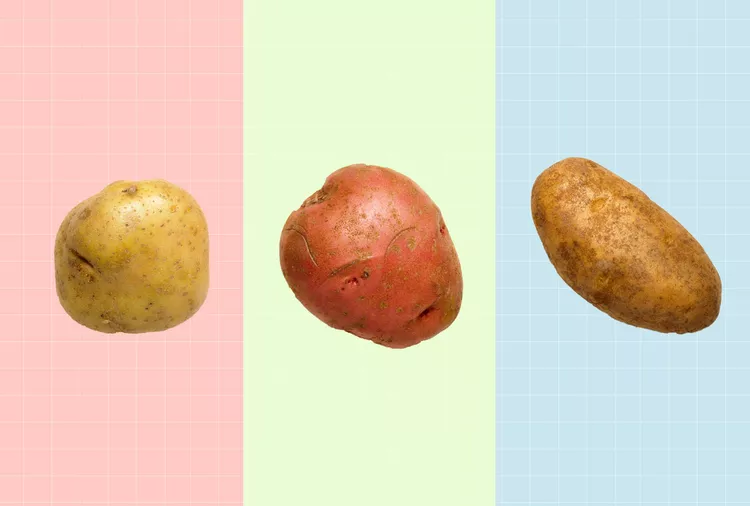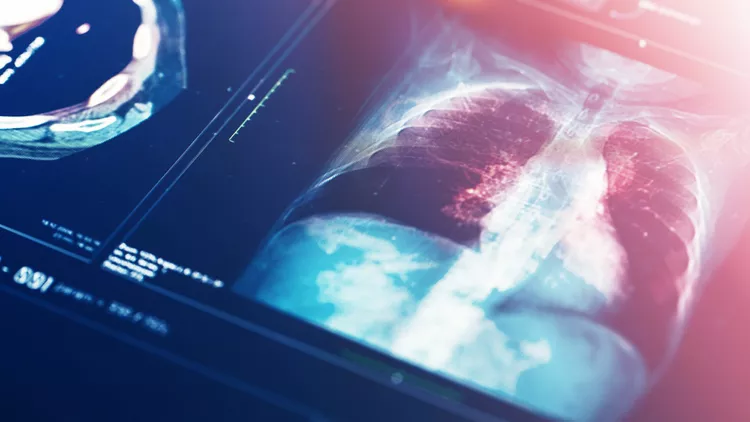How Much Caffeine in Matcha? Matcha is a powdered green tea made from the leaves of the Camellia sinensis plant, predominantly grown in Japan. Known for its rich green color and smooth flavor, matcha provides more caffeine than most traditional green teas. However, consuming excessive caffeine can have potential side effects.
Thanks to its unique growing process, matcha boasts high levels of antioxidants, which are compounds that help protect the body from cellular damage that can lead to various diseases. This high antioxidant content makes matcha a popular choice for those seeking to boost their daily wellness routine.
Compared to other green tea types, matcha’s caffeine content is typically higher, providing a gentle yet sustained energy boost without the jitters often associated with coffee. Curious about how to make matcha? This guide will walk you through its caffeine levels and offer a simple method to prepare a perfect cup.
Contents
What is caffeine?

Understanding Caffeine in Matcha: Benefits, Limits, and Effects on the Body
Caffeine, a natural stimulant found in tea, coffee, and chocolate, activates the central nervous system to boost feelings of energy and alertness. This stimulating effect makes caffeine-rich drinks like matcha popular choices for increasing focus and productivity throughout the day.
In addition to its energizing benefits, regular caffeine intake has been linked to potential health advantages, such as reduced risks of stroke, heart disease, and certain cancers. However, it’s important to remember that too much caffeine can lead to adverse effects, so balance is key.
Most experts recommend a daily caffeine limit of 400 mg for adults to maintain safe intake levels and prevent possible side effects, though personal tolerance levels vary. When adding matcha or other caffeinated drinks to your diet, consider your body’s unique response to caffeine to optimize its benefits while minimizing any risks.
How much caffeine is in matcha?
Understanding Matcha’s Caffeine Levels Compared to Coffee
The caffeine content in matcha tea can vary significantly based on factors like the quality of leaves, amount of powder used, and brewing duration. Typically, matcha contains around 19–44 mg of caffeine per gram, and a standard serving ranges from 2–4 grams (about 1/2 to 1 teaspoon), which equates to 38–176 mg of caffeine per serving.
For comparison, coffee beans generally contain 10–12 mg of caffeine per gram. An 8-ounce cup (240 mL) with 10 grams of coffee usually provides around 100 mg of caffeine. Therefore, depending on how you prepare it, matcha can have either more or less caffeine than a typical cup of coffee.
This variability makes matcha a versatile choice for those seeking either a moderate or a higher boost of caffeine to enhance energy and focus.

Caffeine in matcha vs. regular green tea
Matcha’s Caffeine Content Compared to Regular Green Tea
Matcha powder typically contains more caffeine than traditional green tea. While a standard cup (240 mL) of green tea usually has around 30 mg of caffeine, a serving of matcha (2–4 grams or 1/2 to 1 teaspoon) can range from 38 to 176 mg of caffeine, depending on the quality and concentration.
Research also shows that the caffeine content in green tea can vary significantly due to factors like tea type, freshness, and brewing time. One study found that green tea caffeine levels ranged from 10 to 23 mg per gram of leaves, or roughly 20 to 90 mg per cup. However, with 19–44 mg of caffeine per gram, matcha consistently delivers higher caffeine levels than most green tea types.
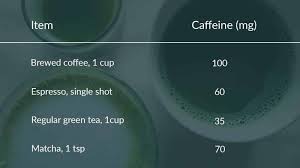
How to make matcha
How to Prepare a Perfect Cup of Matcha Tea
To make a smooth, delicious cup of matcha, you’ll need a few essentials: matcha powder, a mug, hot water, and ideally, a bamboo matcha whisk (chasen) or a regular whisk. A small mesh sieve or tea strainer is also helpful to prevent clumping.
Follow these simple steps for the best results:
- Sift the Matcha: Place 2-4 grams (about 1/2 to 1 teaspoon) of matcha powder into a tea strainer or mesh sieve over your cup. Sift the powder through to create a smoother, clump-free tea.
- Whisk with Hot Water: Pour a small amount of hot water (not boiling) over the matcha powder, just enough to cover it. Whisk briskly in a zigzag motion until the matcha is frothy and well-blended.
- Add Remaining Water: Pour in the rest of the hot water, filling your cup.
- Enjoy Your Matcha: Sip and savor your fresh, antioxidant-rich tea!
Bottom of Form
The bottom line
Matcha Tea: A Natural Caffeine Boost
Matcha tea, a concentrated type of green tea, is rich in caffeine, often containing more than regular green teas and potentially more than coffee, depending on the amount used. The caffeine content in matcha can vary based on leaf quality, freshness, and brewing time.
This energizing tea offers a smooth caffeine lift, making it a popular choice for those seeking sustained energy without the jitters. You can easily prepare matcha at home or find it in coffee shops and cafes. With its unique flavor and health benefits, matcha tea is an excellent option for a natural energy boost.
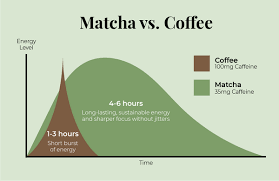
Summary
Caffeine in Matcha: A Natural Energy Boost
Caffeine is a natural stimulant that enhances energy levels and alertness, found in matcha, other teas, coffee, and chocolate. Matcha typically contains 19–44 mg of caffeine per gram, providing about 38–176 mg of caffeine per cup based on the amount of powder, freshness, and brewing method.
Compared to regular green tea, matcha has a higher caffeine concentration. While green tea usually offers 20–90 mg of caffeine per cup, a standard serving of matcha delivers a more potent caffeine boost, making it an ideal choice for sustained energy. You can easily prepare matcha tea at home by whisking high-quality matcha powder with hot water for a smooth, energizing drink.
